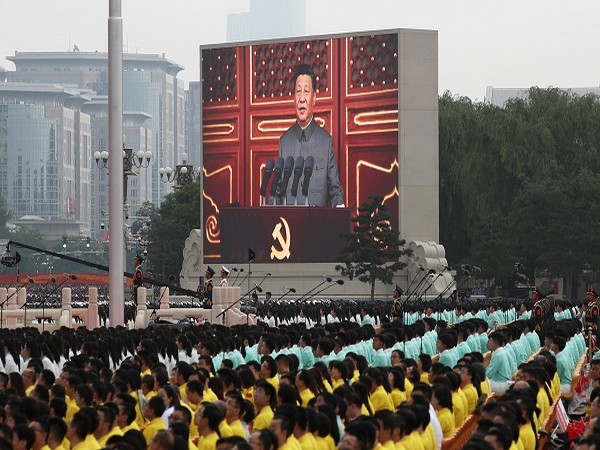
Xi is CCP; CCP is Xi
Sat, 03 Jul 2021 | Reading Time: 4 minutes

On July 1, China celebrated the Chinese Communist Party’s (CCP) 100th anniversary, but it was all about ‘Xi Jinping Thought’ – set of policies and ideals narrated by President Xi. Melinda Liu writing in Foreign Policy said that it was safe to say that the party’s birthday wasn’t much of a group affair at all. For the first time in decades, ordinary Chinese are being shown that those futures all boil down to the same thing: Xi.
While some anniversaries appear fixated on the past, this one is intensely focused on the future–not just the future of China and the Chinese Communist Party (CCP) but the future of the party leader and president, Xi Jinping. Not since Mao Zedong died in 1976 has the fate of the Chinese nation seemed to balance so intentionally on a single individual. This also means the party’s party isn’t just a few days of flag-waving and fireworks.
While July 1 is the party’s official birthday, it’s also expected to mark the shifting into high gear of Xi’s campaign to jettison the final remnants of a “collective leadership” style and the self-imposed checks and balances on power that China’s post-Mao leaders had observed. In Thursday’s glowing coverage of the centennial narrative–branded “The Great Journey“–the Global Times, which often reflects nationalistic voices, showed Xi on the front page, leading party stalwarts. Below him a headline declared, “Virtues, spirit to drive nation towards second 100 years.”
The party itself, with 92 million members, makes up just 6.6 per cent of China’s population. Yet of the 2.1 million party members recruited in 2018, only 5,700 came from the army of rural-born migrant workers who represent a third of working-age Chinese, as per a Financial Times report. The CCP has thus become a repository of technocrats and business elites. And in the absence of national elections, CCP cadres often equate legitimacy with economic performance. What is not getting much airtime is the online crackdown on hints of “historical nihilism,” meaning anything that fails to toe the party line, says Melinda Liu.
Ditto for international criticism of reported human rights abuses in Xinjiang and heavy-handed implementation of national security legislation in Hong Kong, including the recent closure of the pro-democracy Apple Daily, which US President Joe Biden called a “sad day for media freedom.” (In fact, local authorities may well have timed the paper’s shuttering precisely for the run-up to July 1, which is also the anniversary of Hong Kong’s reversion to Chinese sovereignty in 1997, just as they introduced the National Security Law on June 30 last year).
Since becoming party head in 2012, Xi has consolidated power with startling speed, rooting out political rivals, corruption, and political dissent. He’s positioned himself on par with Mao in the communist leadership pantheon. As per the Foreign Policy report being referred in this article, he’s expected to try to stay on for an unusual third term as head of the party, clinging to power as Mao had done. Today Xi is called “The People’s Leader,” a title previously bestowed on Mao alone.
The promotion of “Xi Jinping Thought,” moreover, has helped trigger a personality cult around Xi second only to that of the late Great Helmsman. “Ideology is back,” said Steve Tsang, director of SOAS University of London’s China Institute. “‘Xi Jinping Thought’ is the guiding ideology for China. If we don’t get that, we could be missing what this anniversary is all about”, wrote Liu.
The next year will feature intense political manoeuvring and is expected to climax publicly at the 20th Communist Party Congress slated for the fall of 2022. Normally held every half-decade, this gathering is where the party’s succession strategy comes together (or ought to), and where changes to the all-important Politburo Standing Committee–China’s top decision-making group, currently with seven members–and the 25-person Politburo are revealed.
Under Xi, China’s constitution was changed in 2018 to abolish the two-term limit for the office of China’s president, a government post that Xi also holds. The big question now is: Can he hang on as leader of the CCP and head of the party’s Central Military Commission while still dragging his feet over the naming of an heir? questioned Liu in her article in Foreign Policy. For this reason, what some had assumed might be a sensitive few days during the centennial celebrations in fact seems slated to become an entire sensitive year or more of opacity, behind-the-scenes horse-trading, and speculation.
The dilemma for party strategists is their need to ensure iron-fisted control and stability–but at the same time to orchestrate an orderly succession. It requires good luck and good timing, as well as science. As recent years have shown, political transitions in Western democracies can be messy. Over the past 100 years, moreover, succession has been the Achilles’ heel of the CCP.
In 1976, Mao’s death caused a tussle between the so-called Gang of Four–leftist leaders, including Mao’s wife, who had risen to power with Mao’s blessing during the Cultural Revolution–and his eventual successor, Hua Guofeng, which ended in the Gang’s arrest and trial. (Passing the baton proved tricky for imperial dynasties too; one Ming emperor died after less than a month on the throne). If he continues on his current trajectory, Xi will be concentrating power ever more tightly in his own hands, even as he must share some of it with a designated heir–or at least be seen as sharing it, viewed Liu.
“I don’t see a successor being named at the 20th party congress,” Tsang predicted. “A named successor would be in a vulnerable position, the one most likely to be taken down by Xi because he’s seen as a threat. He becomes the number one target.”
When an ailing Mao anointed Hua as his own heir apparent, he is said to have announced to Hua, “With you in charge, my heart is at ease.” But after Mao died, Hua’s hold on power lasted only a couple years before party rivals, including Deng Xiaoping, began diluting his authority–even while allowing him to retain key titles. (Hua was the only CCP leader who was party chairman, premier, and head of the central military commission at the same time).
Ultimately Deng won the power struggle, and Hua died in political obscurity in 2008. As the party enters the second century of its “Great Journey,” Mao’s legacy remains both a road map and a warning to those who would follow in his footsteps.
*******************************************************************************************************
Author
Inputs from ANI based on Melinda Liu’s article in Foreign Policy.
Disclaimer
The opinions expressed in this article are the author’s own and do not reflect the views of Chanakya Forum. All information provided in this article including timeliness, completeness, accuracy, suitability or validity of information referenced therein, is the sole responsibility of the author. www.chanakyaforum.com does not assume any responsibility for the same.
Chanakya Forum is now on . Click here to join our channel (@ChanakyaForum) and stay updated with the latest headlines and articles.
Important
We work round the clock to bring you the finest articles and updates from around the world. There is a team that works tirelessly to ensure that you have a seamless reading experience. But all this costs money. Please support us so that we keep doing what we do best. Happy Reading
Support Us




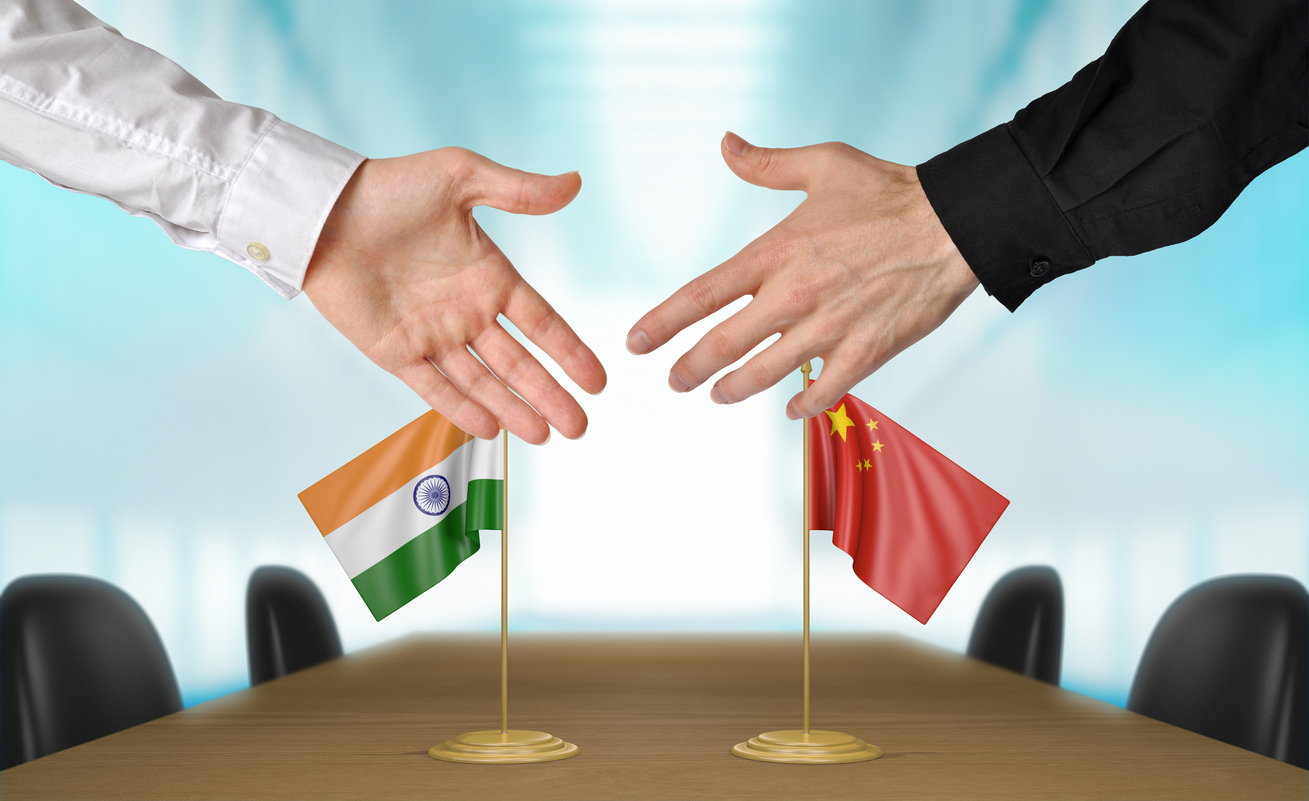
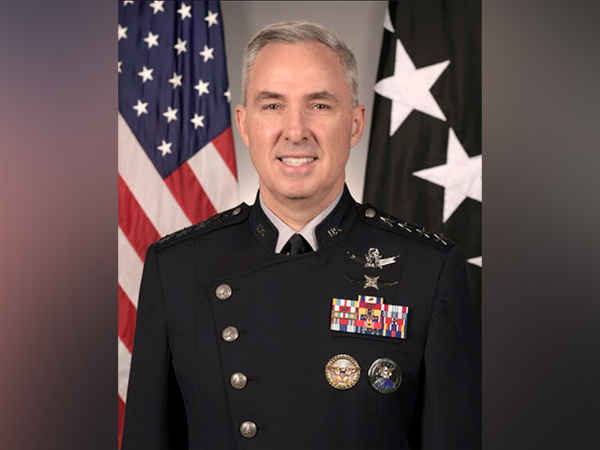
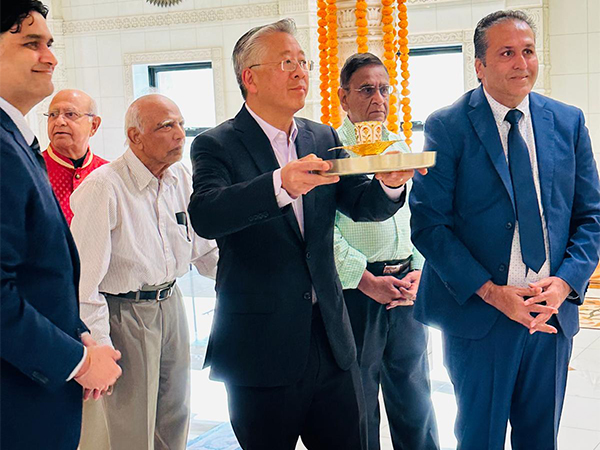
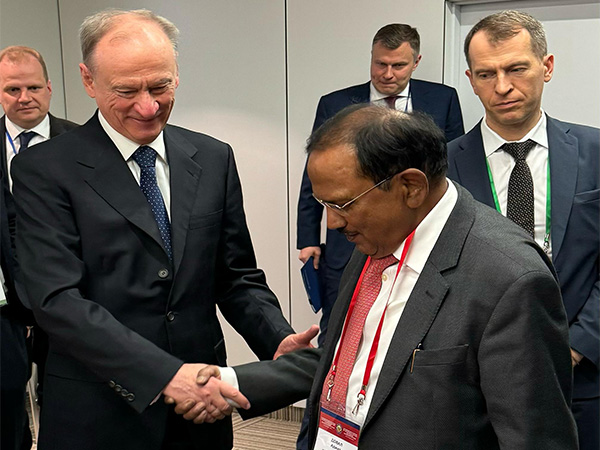
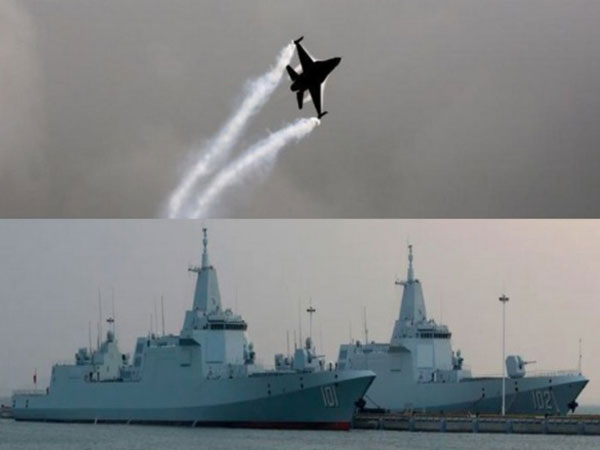
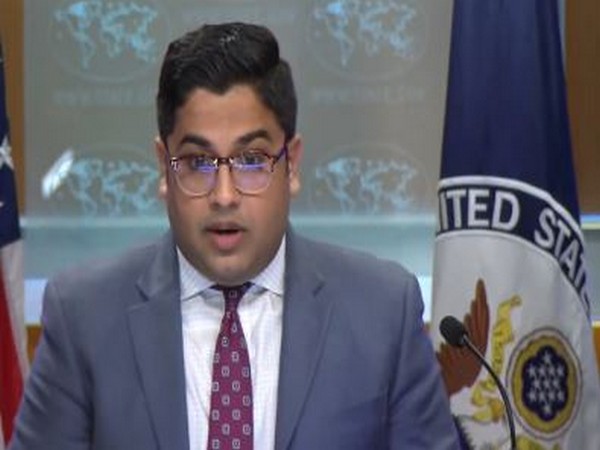
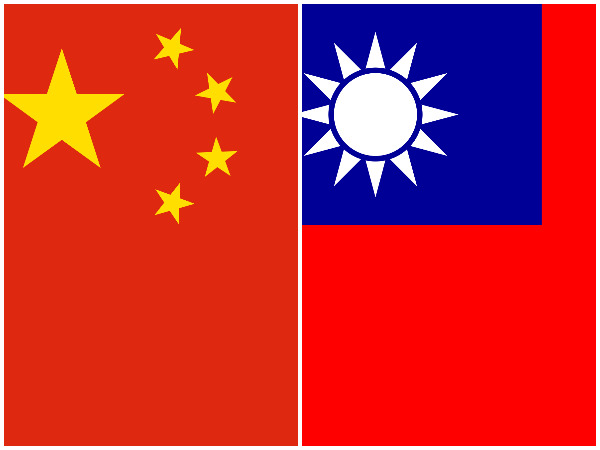

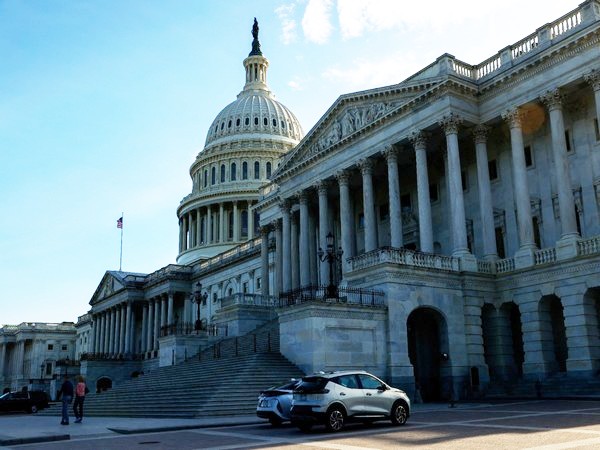
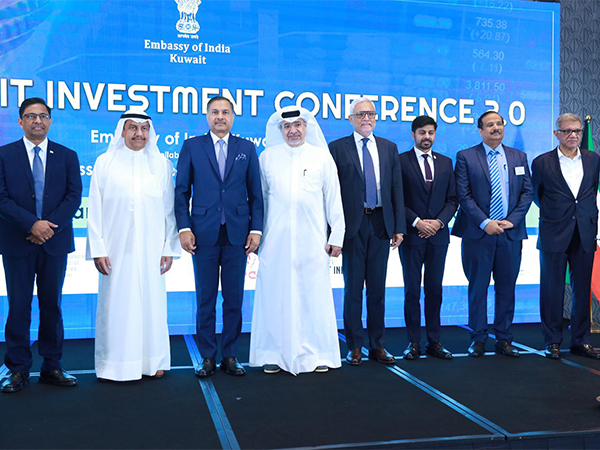






POST COMMENTS (2)
RK
Sandeep Mukherjee